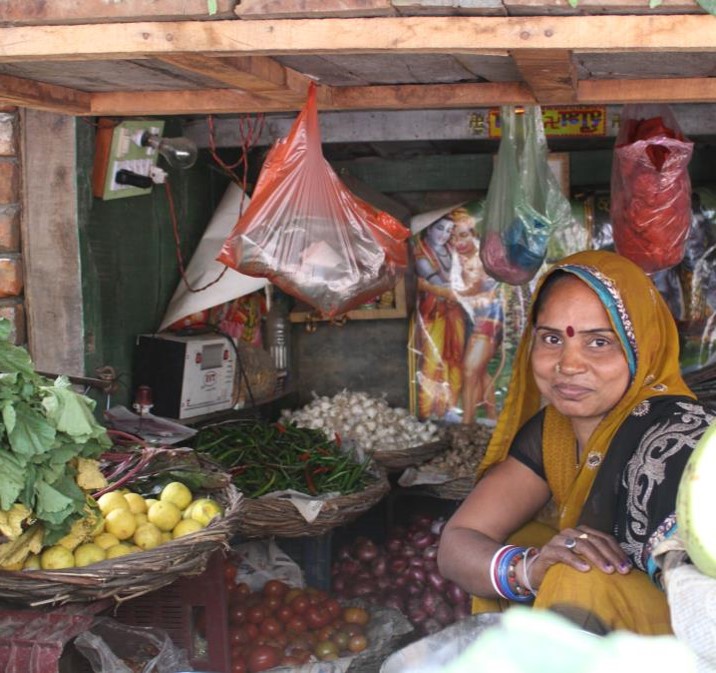Through the looking glass: How economics influenced my perspective on poverty alleviation
During my first year at university I quickly discovered that economics gave me a framework for thinking about a multitude of issues facing us in Australia and globally and for understanding many facets of our behaviour. Economics has the capacity to test multiple variables in the interest of achieving optimal, final objectives - not just financial but also broader societal objectives.
Early on in my career in the corporate sector, I developed a passion for the not-for-profit sector, working with organisations across several areas of disadvantage - women and families, addiction, medical research and broader areas of education and equal opportunity for women. One area of the not-for-profit sector that stood out to me was microfinance. Microfinance not-for-profits like Opportunity International Australia provide small loans to women in developing countries so they can build income-generating businesses, earn regular incomes and free themselves from poverty.
Most of these women were forced to leave school early - two thirds of them are illiterate and they have little prospect of gaining paid employment. But when given a hand up through a small loan, they start tiny businesses like roadside stalls, samosa stands, pottery and basket weaving and through these enterprises earn sufficient to buy nutritious food for their family and send their children to school. Once they pay back their initial loans many women take out subsequent loans to continue building their businesses and many go on to employ other women in their communities. In this way, whole communities are given a hand up and most importantly, the children go to school, which is key to breaking the inter-generational cycle of poverty.
Microfinance, which is based on sound economics, is a sustainable approach to poverty alleviation. Microfinance empowers women and families. A microfinance loan can have a broad and long term effect because it supports income-producing activities. It supports children’s education and that in turn, can permanently change the outlook for a family in just one generation. An amazing 98 per cent of Opportunity’s loans are repaid and recycled, allowing many families to benefit. As an economist, I see in microfinance the opportunity of sustainable income generation and leverage, where even small amounts of money can make a larger impact through supporting greater health and education outcomes.

The Opportunity model of investment in a woman's capacity to build a business and indeed repay the initial loan so that it can be recycled, is so powerful! The reduction in poverty brings the possibility of a secure and healthy life - food, warmth, sanitation and education – and a future filled with possibilities.
Pursuing a career in economics has given me a deep appreciation of the power of small loans to change the course of history for families, communities and societies. That’s why I’m an Opportunity Council member and feel privileged to contribute to poverty alleviation alongside so many talented Australians who are each committed to supporting Opportunity’s immensely valuable work.